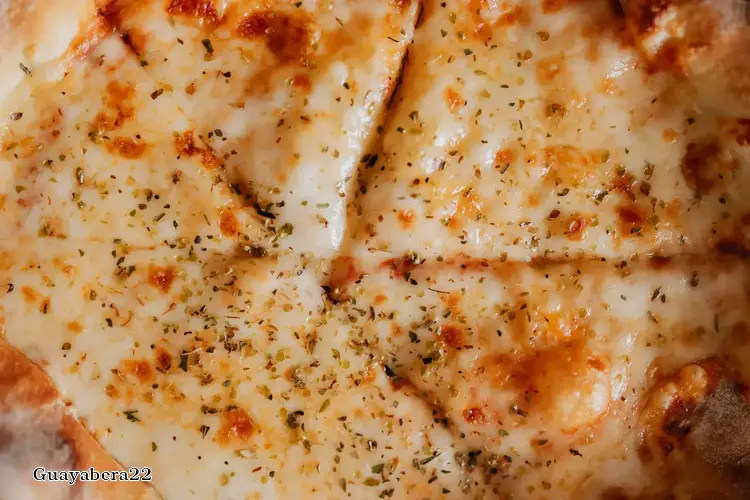

The history of the guayabera is interesting. The dish is believed to have originated in the city of Santiago de Cuba in the late 19th century. According to legend, a local baker created the dish as a way to use up leftover dough and fillings that were not sold during the day. He began frying the dough and filling it with various ingredients, and the guayabera was born.
Over time, the guayabera became a popular snack throughout Cuba, particularly in the eastern region of the island. It was often served as a quick and affordable meal for workers and travelers, and its popularity only grew over time. Today, the guayabera is a beloved dish throughout Cuba and is often enjoyed as a snack or light meal.
The preparation of the guayabera dough is a crucial part of the recipe. To make the dough, you'll need to mix together flour, plantains, and water to form a soft, pliable dough. The dough is then divided into small balls, which are then flattened into thin disks. The filling is then placed in the center of the dough, and the dough is folded over and sealed to create a half-moon shape.
The filling of the guayabera can vary depending on personal preferences and regional traditions. Some popular fillings include shredded chicken or beef, fried plantains, and cheese. The dough is then fried in oil until it's golden and crispy, and the filling is served hot and bubbly inside.
One of the most distinctive aspects of the guayabera is its presentation. The dough is typically fried until it's crispy and golden, which creates a crunchy exterior that gives way to a soft and fluffy interior. The filling is served hot and bubbly, which creates a satisfying contrast of textures and flavors.
When it comes to the cultural significance of the guayabera, it's a dish that has become deeply ingrained in Cuban culture and identity. It's often served at family gatherings, parties, and street vendors, and it's a beloved snack for locals and tourists alike. The guayabera is also a symbol of Cuban ingenuity and resourcefulness, as it was created using leftover ingredients and has since become a beloved part of Cuban cuisine.
In terms of nutritional value, the guayabera is a relatively high-carb, high-fat snack. The dough is made with flour and plantains, which provides a good source of carbohydrates, while the filling can be high in fat depending on the ingredients used. However, the guayabera is often served in small portions, which can make it a relatively healthy snack option.
If you're interested in trying a guayabera for yourself, you'll be happy to know that they're relatively easy to find in Cuba and other parts of Latin America. They're often served by street vendors and in small restaurants, and they're usually pretty affordable. If you're not in a region where guayaberas are commonly sold, you can also try making them yourself using a recipe and the ingredients mentioned above.
In summary, the guayabera is a delicious Cuban snack that has become an integral part of Cuban cuisine and culture. Its crispy, golden exterior and hot, bubbly filling make it a satisfying and enjoyable treat. Whether you're in Cuba or elsewhere, we highly recommend giving the guayabera a try!
I hope this information was helpful! Do you have any other questions about food or culture?
DISCLAIMER: This information is provided for general informational purposes only, and publication does not constitute an endorsement. Kwick365 does not warrant the accuracy or completeness of any information, text, graphics, links, or other items contained within this content. Kwick365 does not guarantee you will achieve any specific results if you follow any advice herein. It may be advisable for you to consult with a professional such as a lawyer, accountant, or business advisor for advice specific to your situation.
today
Copyright © 2026 KwickEAT.com
Designed by KwickPOS is the best restaurant POS